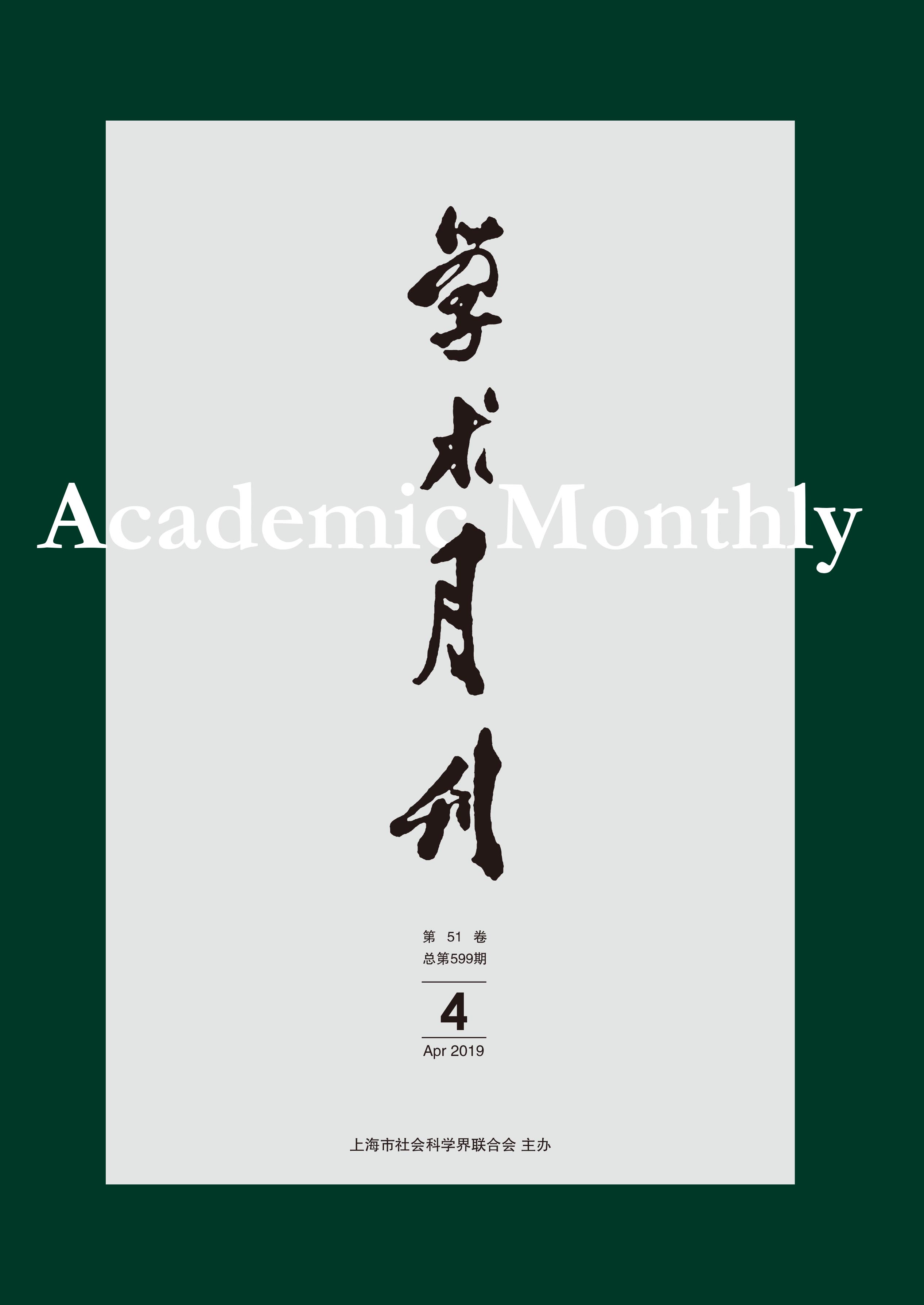Citation:
Xinmin GAO and Rui LU. Identity Crisis and Narrative Self Theory[J]. Academic Monthly, 2019, 51(4): 31-42.

Identity Crisis and Narrative Self Theory
-
Abstract
Since Wittgenstein, the " identity crisis” not only perplexed metaphysics, but also became a barrier that could not be bypassed in the study of self and personal identity. The narrative self theory makes use of the achievements of narrative studies in the second half of the last century, complies with the trend of narrative generalization or " expansion” at that time, takes narrative as the paradigm to explain all phenomena, including self and personal identity, and creatively demonstrates the new insight that self and its identity are rooted in narrative. This new theory of self not only strongly promotes the understanding of self and its relation with mind and body, but also feeds narrative research, which becomes an important driving force for the latter to develop forward. In order to resolve the identity crisis, we must have a dialectical perspective and truly realize that identity itself is a unity of difference and identity, variability and stability, discontinuity and continuity. In order to reveal the secret of self and personal identity, we must realize that self-identity is something closely related to the fact of " being alive” or survival. What determines whether a person is alive is the unchanging continuation of being alive, and being alive is not only the continuation of mind and body, but also the extension of self-identity.
-

-
References
-
Access
-
-
[1]
Shipeng WANG
. “The Phenomenological Turn” in Self Research and New Resolution of Self-paradox. Academic Monthly,
2020, 52(2): 20-29, 19.
-
[2]
Xinmin GAO
, Jiajia GUO
. The Psychogeographical Research of Self-consciousness. Academic Monthly,
2021, 53(3): 17-26.
-
[3]
Yonghua LIU
, Yufan SUN
. The Structure of Relational Presentism. Academic Monthly,
2023, 55(3): 126-139.
-
[4]
Gao Xinmin
, Hu Shuizhou
. . Academic Monthly,
2018, 50(5): 25-35.
-
[5]
HUANGFU Xin, CHEN Guoquan
. Self-reform Politics and Functional Separation of Power Theory. Academic Monthly,
2023, 55(9): 68-76.
-
[6]
Yicai NI
. The Structural Difficulty of the Foundational Self-Consciousness. Academic Monthly,
2022, 54(7): 27-34.
-
[7]
. . Academic Monthly,
2016, 48(11): 43-48.
-
[8]
Zhu XU
. A Constitutivist Theory of Self-Knowledge. Academic Monthly,
2021, 53(11): 30-38.
-
[9]
Yuan KONG
. A Critical Study on the “Oriental” Paradox of Western Universal Narrative. Academic Monthly,
2022, 54(1): 127-137.
-
[10]
BI Xuling
. The Time Pedigree of the Solar Term Myth Narrative and the Innovative Characteristics of Chinese Civilization. Academic Monthly,
2024, 56(1): 155-163.
-
[11]
Zhiming HAN
. The Clarity and the Operational Logic of State Governance. Academic Monthly,
2019, 51(9): 82-94.
-
[12]
Chunhong WANG
. An Inter-textual Inquiry on the Historian Narration of Emperor Hanwen and King Changyi. Academic Monthly,
2022, 54(7): 171-180.
-
[13]
. . Academic Monthly,
2016, 48(09): 99-109.
-
[14]
JIA Wenjuan
. The Body of Labor, the Mind of Capital——Self Capitalization and the Formation of the Laborers Ideology in Late Neoliberalism. Academic Monthly,
2023, 55(12): 112-121.
-
[15]
. . Academic Monthly,
2016, 48(04): 125-133.
-
[16]
. . Academic Monthly,
2016, 48(08): 92-99.
-
[17]
. . Academic Monthly,
2016, 48(06): 139-147.
-
[18]
. . Academic Monthly,
2016, 48(02): 127-138.
-
[19]
Hongtu WANG
. Coincidence and Disruption between Family/Nation and Individual Mind Narratives. Academic Monthly,
2020, 52(10): 116-129.
-
[20]
Jie HU
. Individual Narrative and Collective Memory: Sociological Construction of Oral History. Academic Monthly,
2021, 53(11): 140-146.
-
-



 沪公网安备 31010102003103号
沪公网安备 31010102003103号 DownLoad:
DownLoad: